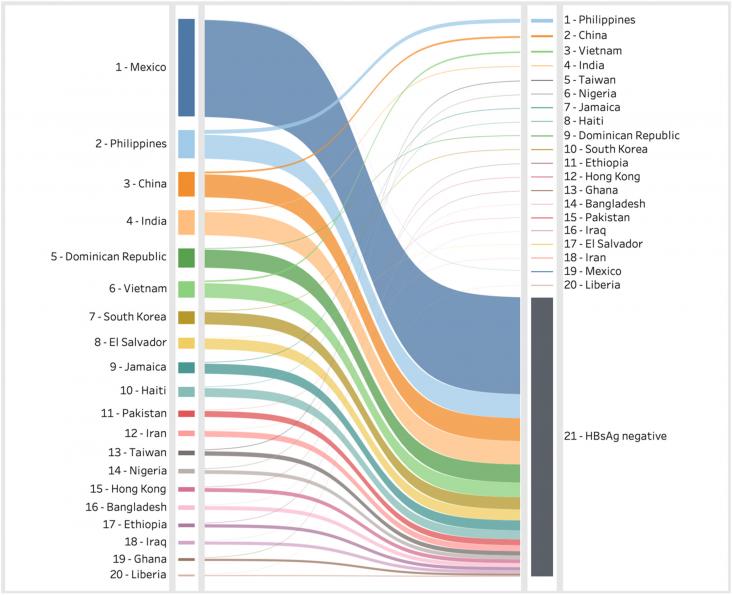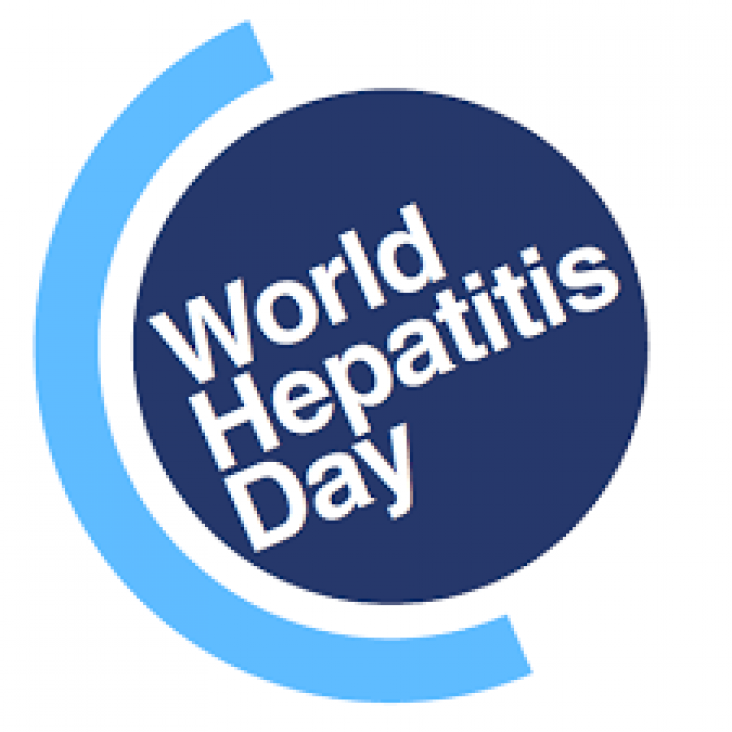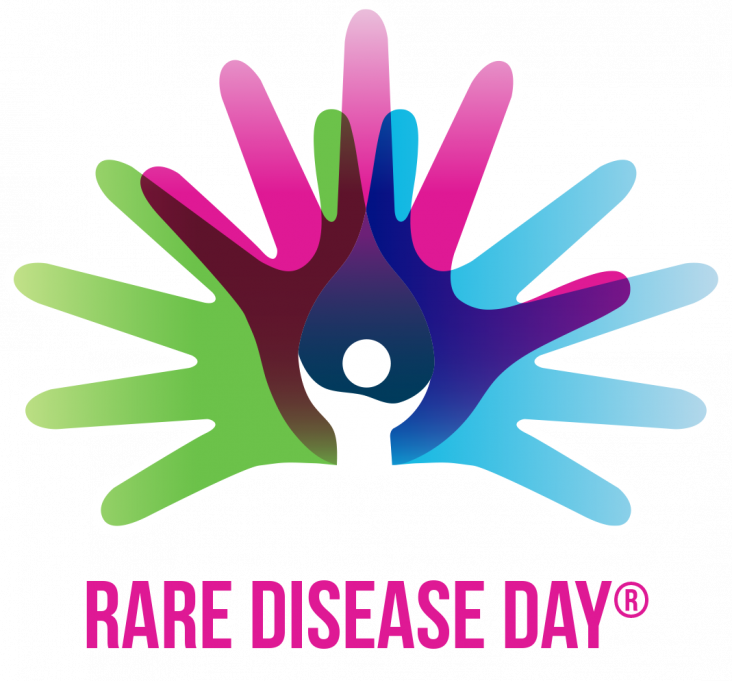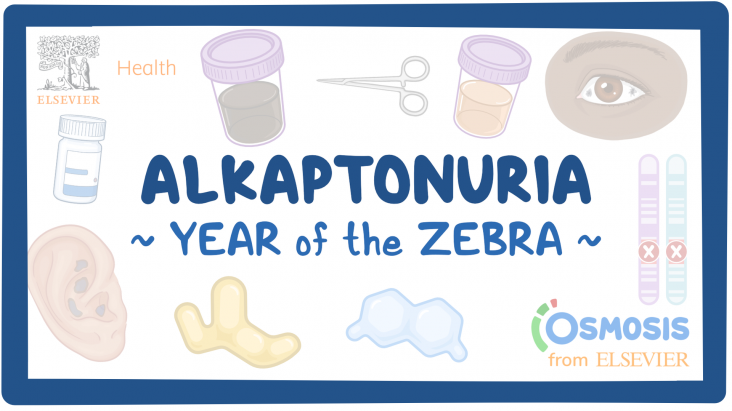This Article supports SDG 3 by presenting a conceptual framework and a method to estimate cost-effectiveness thresholds for 174 countries, using public and widely available data on country-specific health expenditures and health outcomes; these findings can inform policy makers on the thresholds to consider when deciding on the allocation of health resources.
This Article supports SDG 3 by showing that an HCV testing (point-of-care) and treatment programme implemented in users of a supervised drug cosumption service in Canada was beneficial, with a large degree of positive testing, testing acceptance, and treatment engagement. The study suggests that on-site point of care testing and treatment for HCV in supervised consumption services is effective in reaching this population

This Article supports SDG 3 by using modelling to estimate the impact of immigration on hepatitis B prevalence in the USA, in order to more accurately assess the hepatitis B burden, which might not be accurately measured by national serosurveys. The study found a significantly higher burden of hepatitis B (1.8 million cases), significantly higher than that found in national serosurveys.
This Article supports SDG 3 by assessing the incidence of HIV and HCV infection among people who inject drugs, a population at higher risk of these infections. In this systematic review, HCV estimates came from studies in 24 countries. Pooled HCV incidence was 12.1 per 100 person-years; data for both infections were scarce, suggesting increased efforts are needed to keep track of these infections in this population.
This Article supports SDG 3 by estimating the burden of low back pain, which continues to be the leading cause of disability worldwide. The study predicts that low back pain prevalence will continue to increase, from 619 million people in 2020 to 843 million in 2050. Two-fifths of the burden are due to modifiable risk factors, and a quarter of years lived with disability are attributable to occupational ergonomic factors.
This Viewpoint supports Sustainable Development Goal 3 by estimating the potential financial cost of lecanemab, a drug for early Alzheimer's disease, if it were to be approved in Europe at the same price as in the USA. The authors suggest that pricing would be unsustainable and that new payment models will be needed to address affordability and inequalities in access.
This Article supports Sustainable Development Goal 3 by highlighting differential effects of sleep disturbances on resting-state neural activity in patients on the Alzheimer's disease spectrum relative to healthy adults, suggesting a key role of sleep disturbances in the neurophysiological changes seen in Alzheimer's disease, with implications for basic research and clinical intervention.



